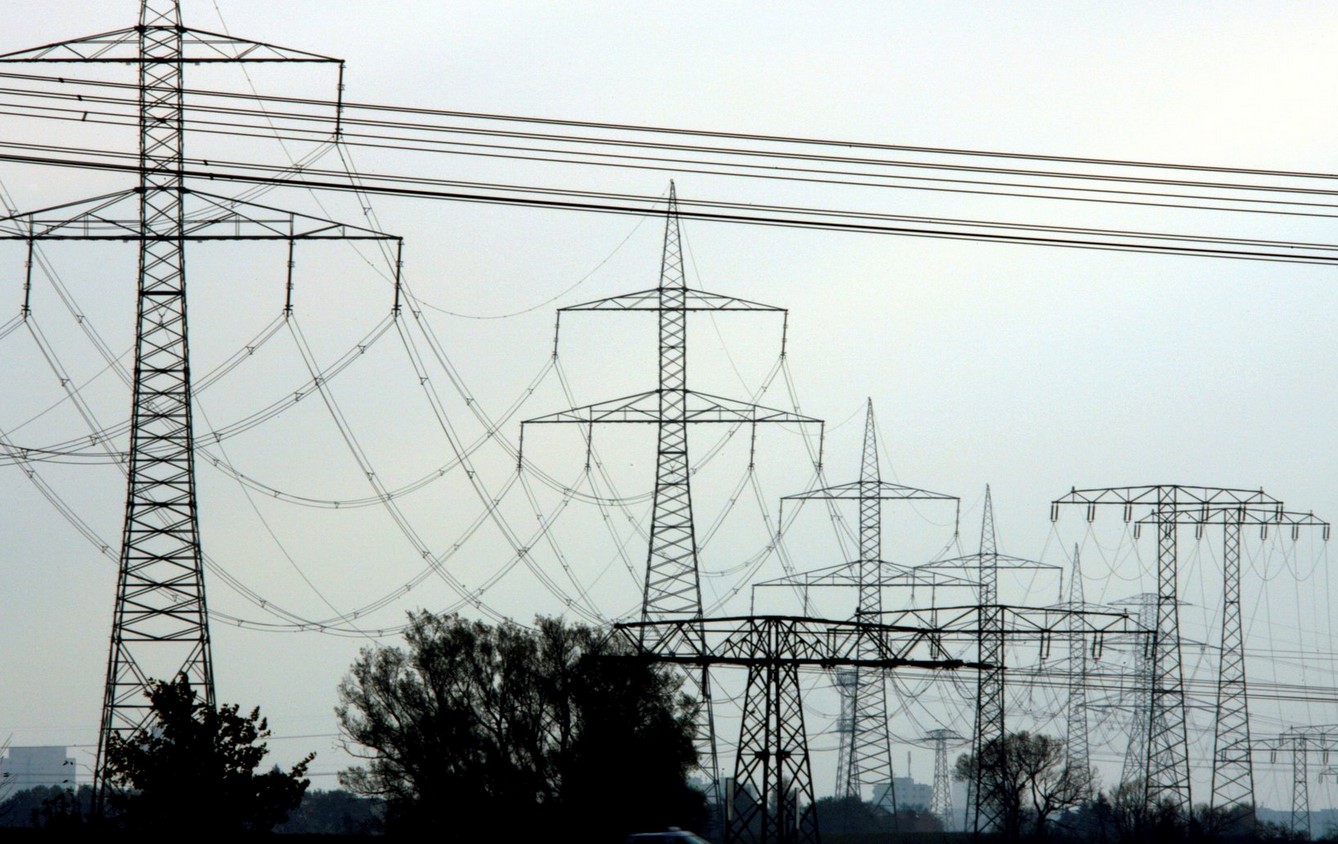Since Cyprus launched its competitive electricity market on October 1, early activity shows households are beginning to explore new pricing options, the electricity market association said on Friday.
Officials stated that citizens are gradually becoming active consumers rather than passive recipients of electricity. According to the Cyprus energy regulatory authority (Cera), the full-framework opening of the market follows years of preparation and regulatory reform.
The association said electricity prices in the coming years will depend on how swiftly the market matures and on the pace of infrastructure projects, including natural gas, renewable energy, and storage facilities.
They added that these investments are critical to lowering costs over time.
Since the market opened, suppliers have begun adjusting tariffs and offering a range of pricing models.
The association explained that longer-term fixed contracts offer stability, monthly models allow regular revision and switching, hourly-based tariffs reflect peak and off-peak usage, and wholesale-linked variable pricing enables those willing to take on risk to benefit when market conditions allow.
Officials emphasised that no single option is inherently right or wrong, stating that households should choose based on consumption patterns and willingness to take on risk. With the market now operating, consumers can select their electricity supplier based on cost, services, and tariff design.
Renewable energy producers can enter into bilateral power purchase agreements with suppliers and private companies, allowing different contractual arrangements tailored to distinct consumer types.
The association stated that this level of competition is expected to improve service quality across the sector.
Officials said the first month of operation has been transitional. The transmission system operator (TSOC) and other market participants require time to fully calibrate operations, including settlement processes, market clearing mechanisms, and wholesale trading systems.
According to statements, the experience gained in the first month will help suppliers develop more competitive and realistic tariffs suited to different consumer categories.
Early competition is already influencing service quality, and continued investments in infrastructure are expected to further reduce costs over time.






Click here to change your cookie preferences